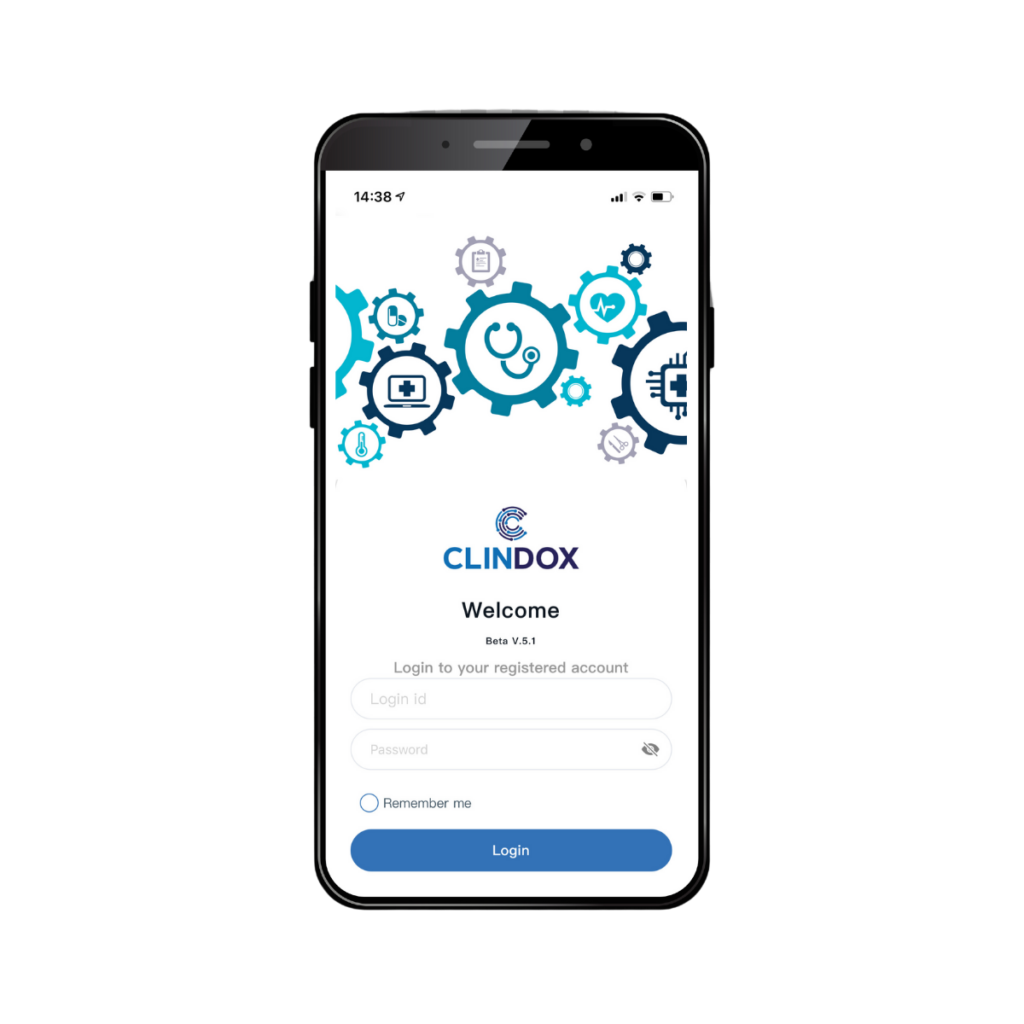Developing your PMCF Plan
As we know, PMCF under MDR represents a significant step change for the medical devices sector in terms of the data and analysis that needs to be provided for each device to comply with the new regulatory environment in Europe. For many companies in the SME sector with limited or no PMS experience in their clinical operations, it will pay real dividends to take early professional advice on the range of specific PMCF activities you will need to deploy to ensure that your PMCF plan passes scrutiny by the Notified Body. Most specifically, you will want to understand exactly what type of study or investigation is best suited to meet the needs of each of your devices. MDR does NOT tell the manufacturer what they must do for PCMF for their device – it’s up to the manufacturer to specify and justify what PMCF activities they will undertake in their PMCF plan.
We’d urge any SME to seek qualified professional advice on the type of PMCF activities they will need to undertake to comply with PMCF under MDR if this expertise is lacking in-house.
PMCF as an ongoing iterative process of improvement.
Rather than seeing PMCF simply as a regulatory overhead, you will reap real dividends if, from the outset, you develop a PMCF plan with the goal of iterative improvement in the quality of your clinical data as a key output. Ever improving clinical data is essential as a driver of product development and marketing, as well as helping you maintain regulatory approval.






